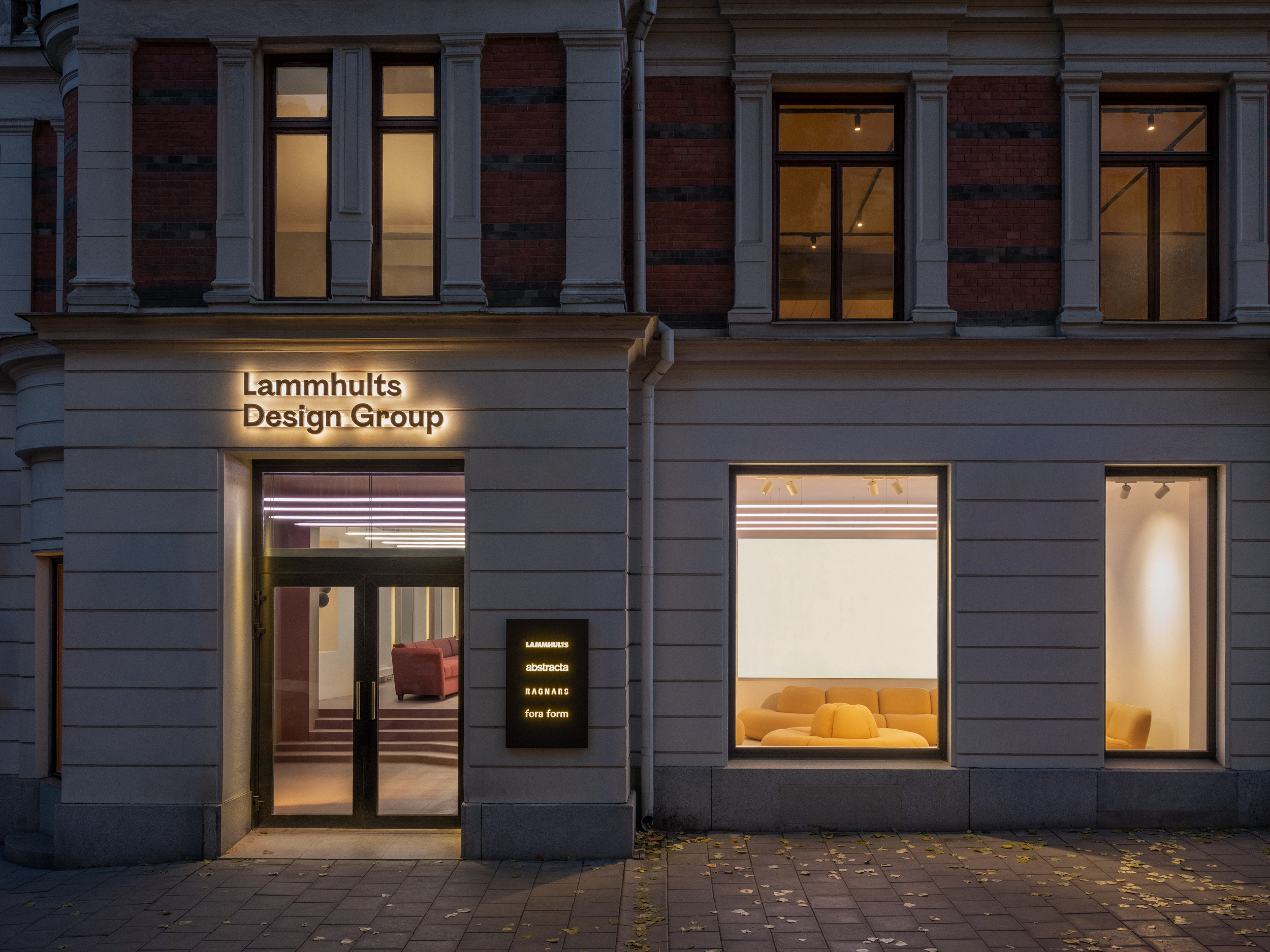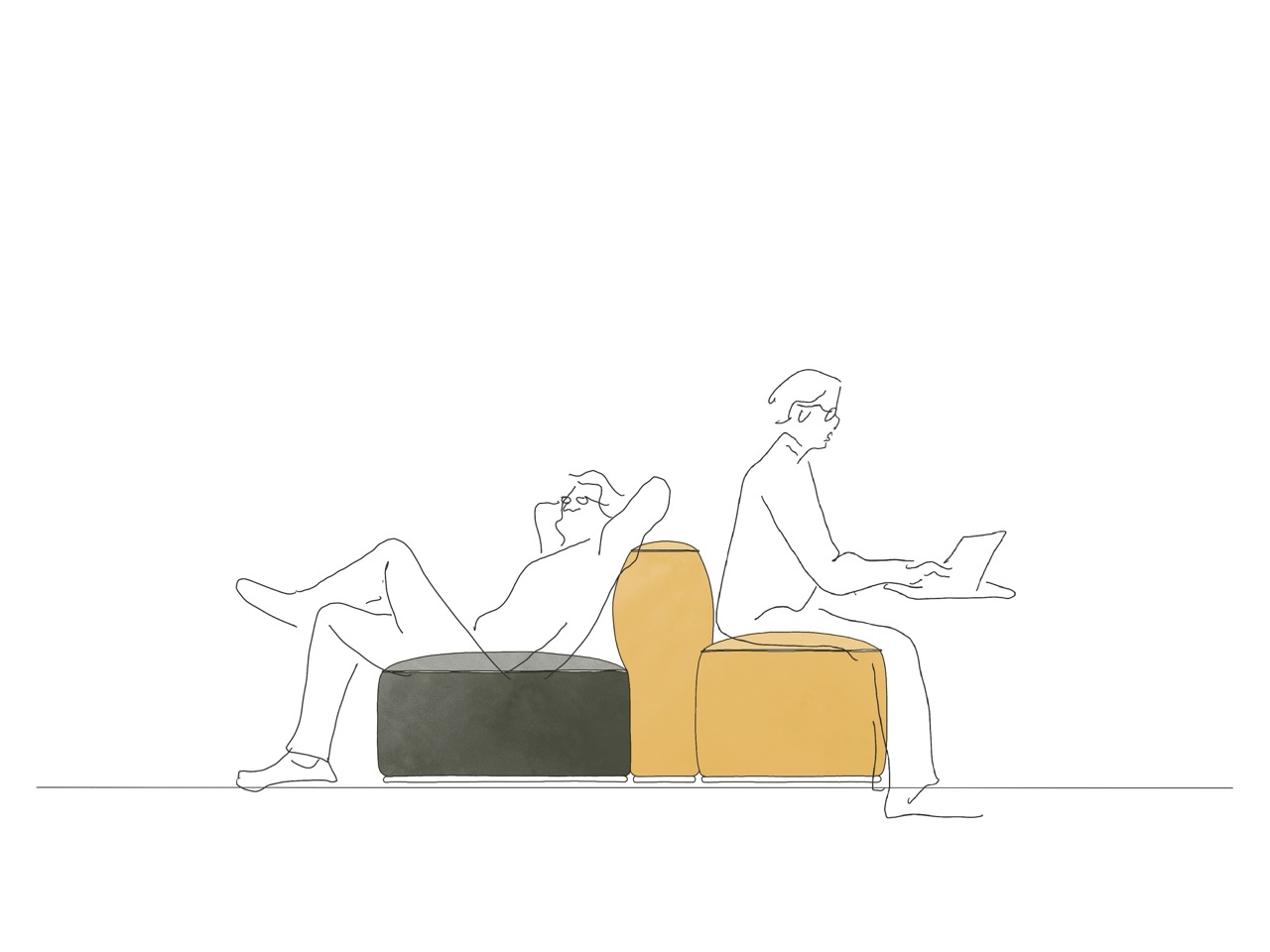 The Olympics versus the commute|PodTime is marketing sleep pods, so workers can stay on site|TfL’s “heat map” of the capital showing potential Olympic flashpoints||
The Olympics versus the commute|PodTime is marketing sleep pods, so workers can stay on site|TfL’s “heat map” of the capital showing potential Olympic flashpoints||
There won’t be any gold medals for commuters who make it in to work despite the Olympic transport chaos.
Despite most Londoners’ somewhat phlegmatic approach to the Olympic Games, there’s no doubting the significant impact they will have on office life. Says Peter Hendy, London’s Transport commissioner, commenting on this summer’s events as a whole: “Large parts of the city will operate pretty much as normal but with so many cultural and sporting events taking place on the doorsteps of workplaces across our city, the transport network will be busier than usual.”
That’s something of an understatement. Granted, only 35% of tube stations will be affected by the Games, some tube services will be running an hour later than usual and 200 extra buses will be out in force, but some key destinations will, it’s fair to say, bear the brunt. At Bond Street, TfL predicts a wait of 30 minutes or more for a train between 5pm and 7.30pm, with a similar story at Bank. It suggests avoiding London Bridge altogether at peak times, proposing instead that commuters “walk across the river to Monument, take a bus, enjoy the attractions of the South Bank or have a beer with colleagues.”
Taking to the road is no better, with traffic rising by around 30% according to predictions. The Olympic Route Network (ORN) – more than 100 miles of roads running from Heathrow to the Games’ hub in Stratford – will offer restricted access to ordinary joes, with fast tracks for dignitaries and competitors through hotspots such as the Blackwall Tunnel. The ORN also won’t allow deliveries between 6am and midnight, creating logistics headaches for workplaces of all types, not just offices.
It looks like drastic action is called for, then, especially as TfL suggests that for some stations, transport will only function properly if 60% of people change their plans. Assuming London office workers, and those at other cities around the UK that are hosting events during the Olympic Games, aren’t all going to simply down tools and take the whole period off as holidays, let’s look at the alternatives.
Sophy Hough, business director with BT Workstyle (the arm of BT that advises organisations on flexible working arrangements) pointed out at a recent Steelcase seminar on flexible working that homeworking has many advantages – notably a 30% increase in productivity as well as better work-life balance. And apparently we’re at “extreme risk” of a flu epidemic in London during the Games, so homeworking could also help reduce sickness and absenteeism.
“We’ve definitely seen an increase in enquiries for homeworking, so that firms can simply set up their staff in July and August so they don’t need to come into the office,” says Steelcase Solutions’ Rob Jenkins. Backing this up, John Lewis has reported a 14% rise in the sale of office furniture against last year. For the extremely dedicated office worker, there’s also a London-based firm called PodTime which is selling lockable sleep pods for the workplace.
Herman Miller ergonomics specialist Lillian Antonio points out some provisos for successful homeworking. “Having as comfortable a set-up as people enjoy in the office is key. A lot of workers don’t have a designated room in which to work so it’s important to have your laptop propped up so that the screen can be viewed at the right height to avoid straining the eyes or back. Other accessories such as a short keyboard and a separate mouse can prove useful too.”
“With homeworking, office workers need to check their IT set up is installed, tested and ready to go,” says Steve Henigan, who heads up RLF Optima, a management consultancy firm that works on workplace strategy. “They also need to make sure they are taking enough work home with them to last the period.” Putting its money where its mouth is, RLF Optima has already rolled out a roadmap for its 40 London-based employees to see what action it would be best to take during the Olympics. “It contains elements such as whether staff can find alternative means to get to work such as walking or Boris bikes or if it’s a question of whether they need to be in the office at all.
“The other massive consideration people have got to think about is meetings,” continues Henigan. “Even if you can manage to get to a meeting, can everybody else who is due to be attending actually get there? Can we consider doing things out of the office or using videoconferencing?” According to a survey by YouGov, just under half of the bosses questioned expect to have to postpone or cancel meetings and two-thirds anticipate that business contacts won’t be available.
As well as logistical and physical consideration of where people are going to work during the Olympic period, Lillian Antonio also flags up the psychological impacts too: “Homeworkers can often end up working longer hours because they don’t have that commute time. They also put more pressure on themselves to continue working later.” Maintaining structure and taking regular breaks is vitally important, she continues, as is keeping in contact with colleagues: “It puts a lot of emphasis on the individual; you simply have to be more willing to pick up the phone and have those one-to-one conversations and not just email.”
Is the world of the workplace ready for the Olympics, then? Well, that same YouGov survey pointed out that fewer than one in five of the SMEs questioned even had a continuity plan in place. On a positive note, however, Rob Jenkins adds that arranging for staff to work from home this summer can actually offer business insight for the future: “Allowing people to have that flexibility can act as a real testbed to see just how productivity is affected with a view to a future rollout.”






















